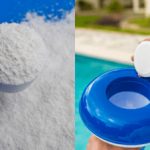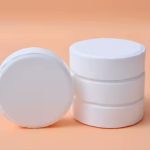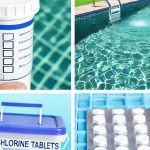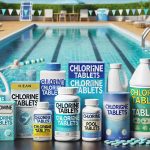Maintaining a clean and safe swimming pool is essential. Chlorine tablets play a crucial role in this process. These tablets, often referred to as pool chlorine, help ensure the water remains clear and free from harmful microorganisms. In this article, we will explore the importance of chlorine tablets in swimming pools and how they contribute to optimal water quality.
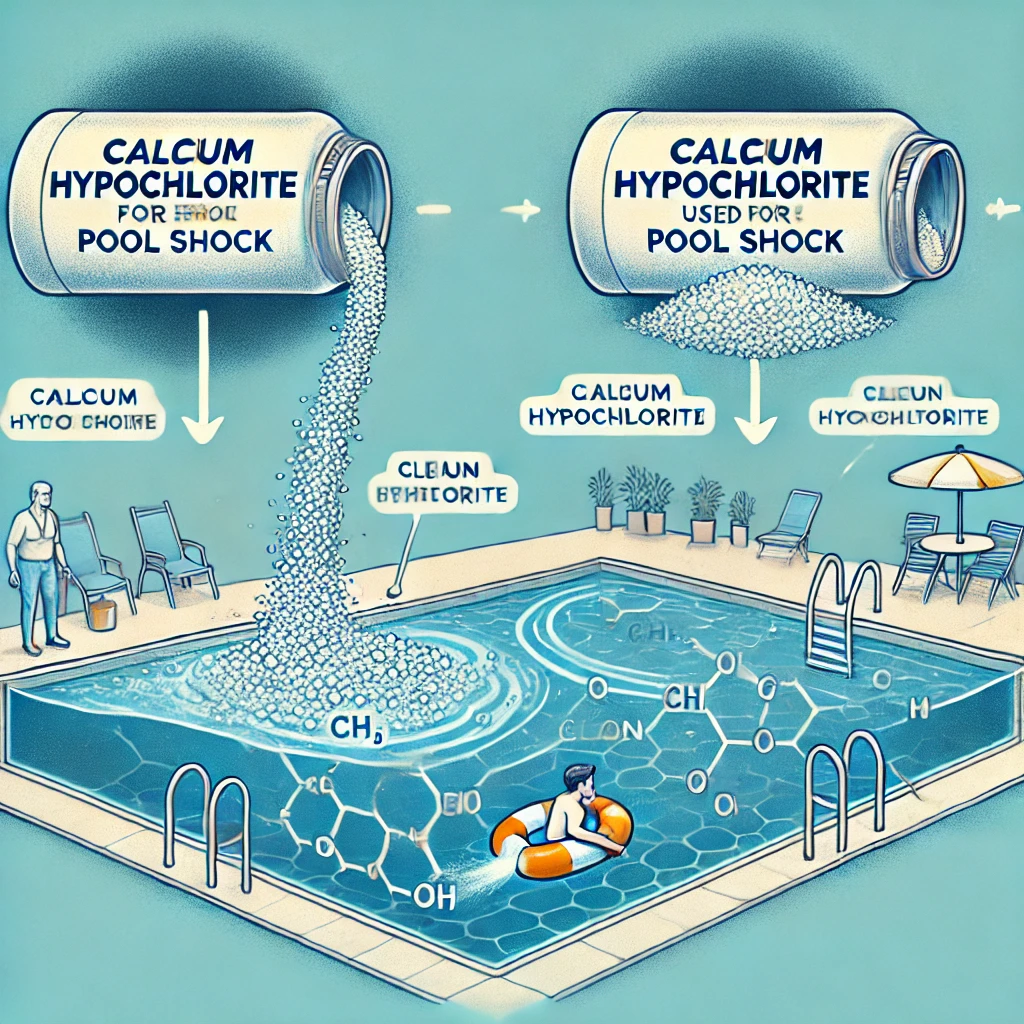
I. Understanding Chlorine Tablets
Chlorine tablets are a convenient and effective way to sanitize pool water. They dissolve slowly, releasing chlorine over time. This slow release ensures consistent sanitation, keeping the pool water safe. Pool chlorine tablets are available in various sizes and concentrations, making them suitable for different pool types.
1. How Chlorine Tablets Work
When chlorine tablets dissolve, they release hypochlorous acid into the water. This acid is the active ingredient responsible for killing bacteria, algae, and other pathogens. The slow-dissolving nature of the tablets ensures a steady supply of chlorine, which is crucial for maintaining water quality.
2. Benefits of Using Chlorine Tablets
Chlorine tablets are easy to use and provide a controlled release of chlorine. This controlled release helps maintain a consistent chlorine level, reducing the need for frequent manual adjustments. Additionally, they are cost-effective and widely available, making them a popular choice for pool owners.
II. The Importance of Maintaining Chlorine Levels
Proper chlorine levels are vital for pool safety and water clarity. Chlorine kills harmful bacteria and prevents algae growth. Without adequate chlorine, pool water can become cloudy and unsafe. Pool chlorine levels should be regularly monitored and adjusted as needed.
1. Testing Chlorine Levels
Regular testing of chlorine levels is essential. Testing kits are available that allow pool owners to measure chlorine levels accurately. Ideally, pool chlorine levels should be between 1 and 3 parts per million (ppm). Testing should be done at least twice a week, especially during heavy pool usage.
2. Adjusting Chlorine Levels
If chlorine levels are too low, harmful bacteria can thrive. Conversely, high chlorine levels can irritate the skin and eyes. To adjust levels, pool owners can add more chlorine tablets or use a shock treatment. It’s important to follow manufacturer guidelines to avoid over-chlorination.
III. Choosing the Right Chlorine Tablets
Not all chlorine tablets are the same. Selecting the right type and size of tablet is crucial. Pool chlorine tablets come in stabilized and unstabilized forms. Stabilized tablets contain cyanuric acid, which protects chlorine from sunlight degradation.
1. Stabilized vs. Unstabilized Chlorine Tablets
Stabilized chlorine tablets are ideal for outdoor pools. The cyanuric acid in these tablets helps maintain chlorine levels, even in direct sunlight. Unstabilized tablets are better for indoor pools or pools with low sun exposure. Choosing the right type of tablet ensures effective chlorine management.
2. Sizing and Placement of Chlorine Tablets
The size of the chlorine tablet should match the pool’s size. Larger pools require larger or more tablets. Tablets should be placed in a floating dispenser or skimmer basket, ensuring even distribution. Avoid placing tablets directly on pool surfaces, as this can cause staining.
IV. The Role of Pool Shocking
In addition to regular chlorination, pool shocking is necessary. Shocking involves adding a high dose of chlorine to the pool. This process eliminates organic contaminants that regular chlorination may not remove.
1. When to Shock Your Pool
Pool shocking should be done after heavy usage, storms, or when chlorine levels are low. It helps reset the chlorine balance, ensuring the water remains clear and safe. Regular shocking is essential for maintaining optimal water quality.
2. Types of Pool Shocks
There are different types of pool shocks available. Chlorine-based shocks are most common, but non-chlorine shocks are also available. The choice depends on the specific needs of the pool and the type of chlorine used.
V. Balancing Chlorine with Other Chemicals
Chlorine is just one part of maintaining pool water quality. Other chemicals, such as pH balancers and algaecides, are also important. Balancing these chemicals with chlorine ensures optimal water conditions.
1. Importance of pH Balance
The pH level of pool water affects chlorine’s effectiveness. If the pH is too high or too low, chlorine cannot work efficiently. Pool owners should regularly test and adjust pH levels to maintain a range of 7.2 to 7.6.
2. Using Algaecides and Clarifiers
Algaecides and clarifiers work alongside chlorine to maintain clear water. Algaecides prevent algae growth, while clarifiers help remove fine particles from the water. These chemicals should be used as part of a comprehensive pool maintenance routine.
VI. Environmental Considerations
While chlorine is essential for pool maintenance, it’s important to use it responsibly. Overuse of pool chlorine can harm the environment. Proper storage and disposal of chlorine tablets are crucial to minimize environmental impact.
1. Safe Storage of Chlorine Tablets
Chlorine tablets should be stored in a cool, dry place. They should be kept in their original container, away from other chemicals. Proper storage prevents accidental chemical reactions and maintains the effectiveness of the tablets.
2. Responsible Disposal
Never dispose of chlorine tablets in the trash or down the drain. Follow local regulations for disposal. Many communities offer hazardous waste disposal programs for chemicals like pool chlorine.
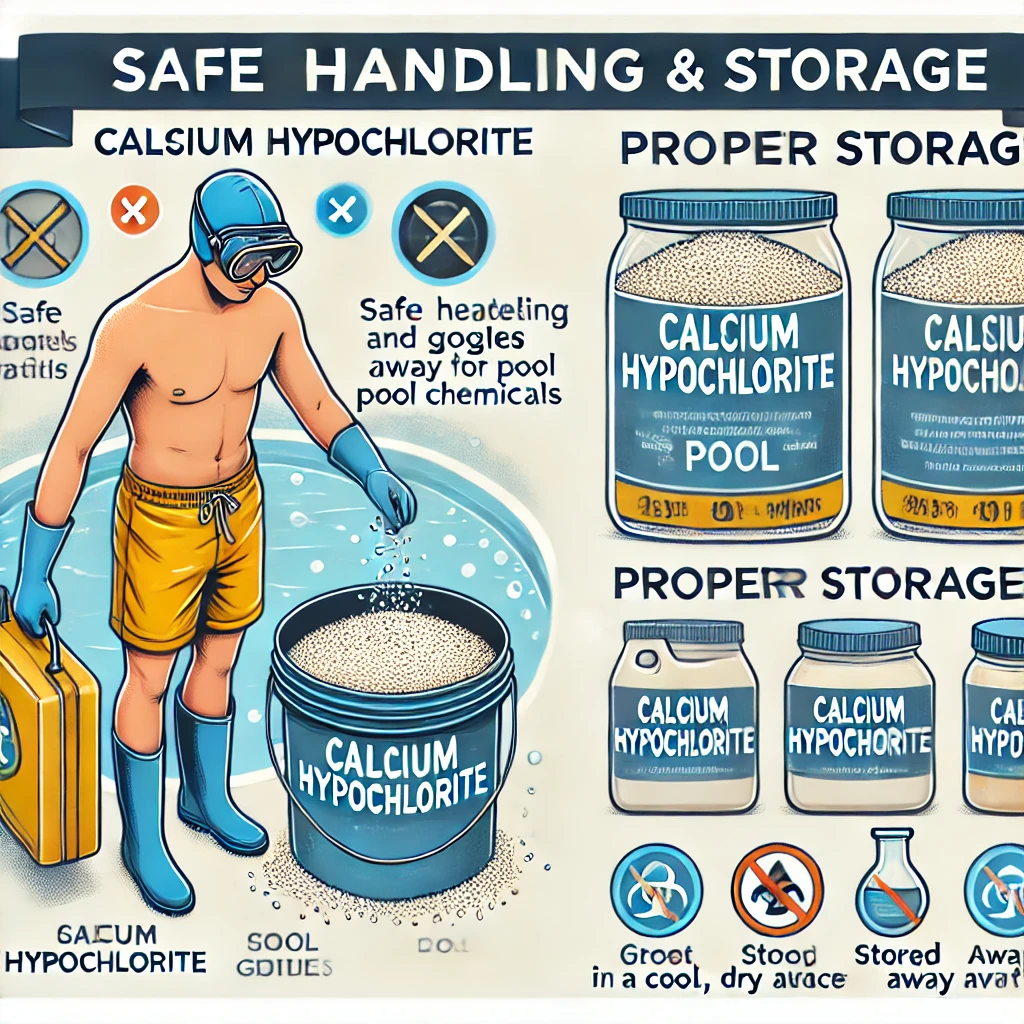
VII. Conclusion
In conclusion, chlorine tablets are a vital component of pool maintenance. They provide a convenient and effective way to ensure optimal water quality. By maintaining proper chlorine levels, regularly shocking the pool, and balancing other chemicals, pool owners can enjoy a clean and safe swimming environment. Responsible use of pool chlorine also helps protect the environment, ensuring that pools remain a healthy and enjoyable place for everyone.

